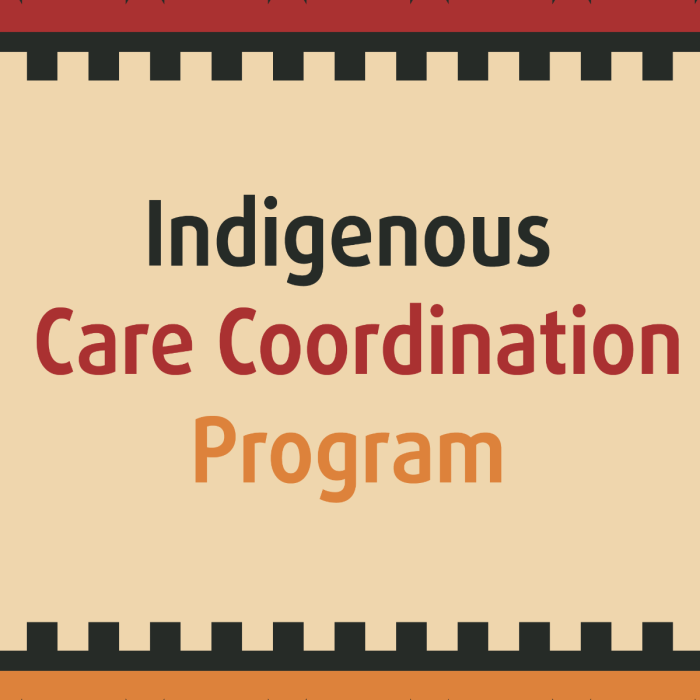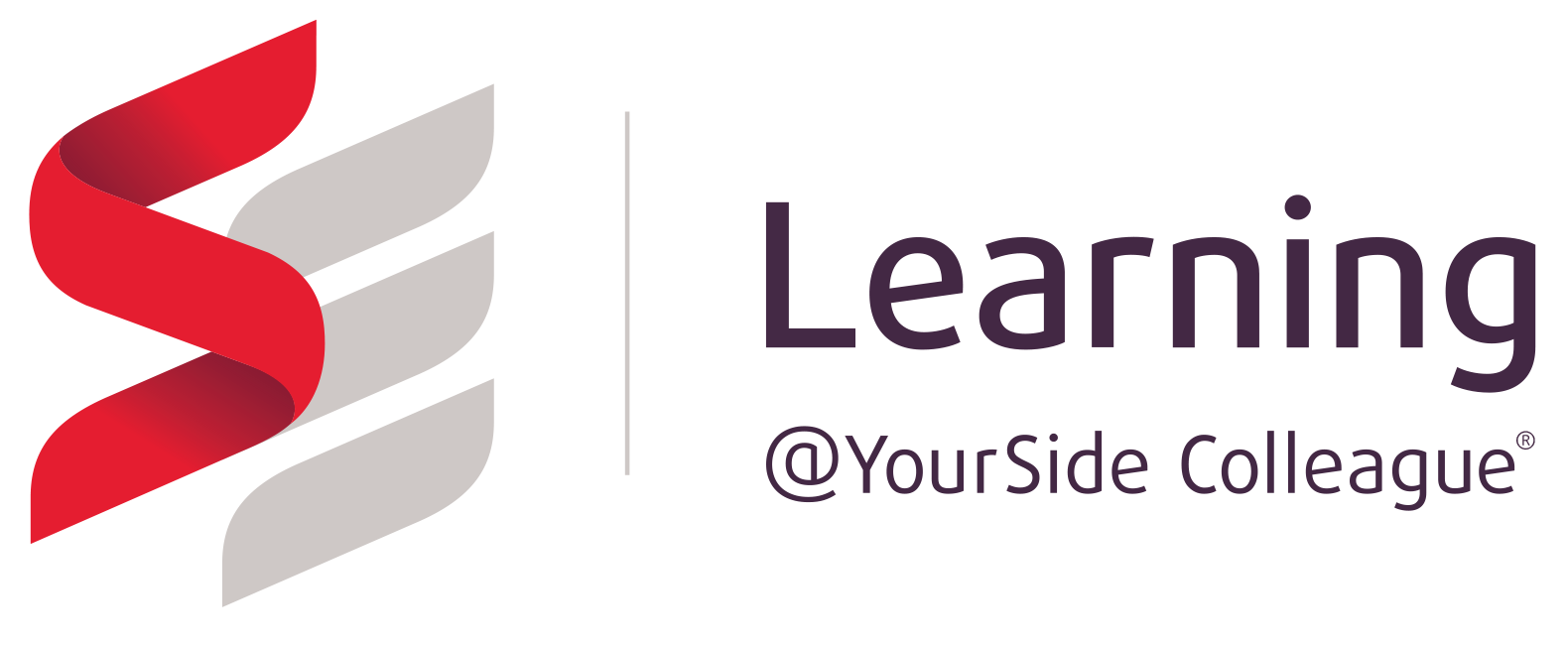March 27: Indigenous Care Coordination Program
Virtual program provided over four sessions (2 hours each):
- Thursday, March 27th: 12:30pm-2:30pm EST
- Thursday, April 3rd: 12:30pm-2:30pm EST
- Thursday, April 10th: 12:30pm-2:30pm EST
- Thursday, April 17th: 12:30pm-2:30pm EST

Care Coordination provides wholistic and integrated support to clients, families, and communities. This program provides foundational Care Coordination skill development when supporting Indigenous people and communities within Canada. Using a wholistic approach, this program provides practical skill application including topics related to NIHB and Jordan’s Principle. The course structure includes four weekly sessions of two hours each, blending knowledge sharing and practical applications.
The program is designed for:
- Health & Social Providers, Professionals & Leaders
- Home Care Coordinators
- Indigenous Patient Navigators
- Supervisors
- Program Planners
Instructor/s:
Learning Objectives
- Understanding Indigenous Health Contexts: Acquire a comprehensive understanding of the historical and contemporary factors influencing Indigenous health.
- Developing Wholistic Care Coordination Skills: Learn and implement relevant care coordination and case management strategies, ensuring the needs of the client, family and community are supported.
- Indigenous Case Management Strategies: Learn practical effective case management strategies tailored to Indigenous contexts, integrating traditional knowledge, community resources, and holistic health and well-being approaches.
It is a virtual program provided over four sessions (2 hours each):
- Thursday, March 27th: 12:30pm-2:30pm EST
- Thursday, April 3rd: 12:30pm-2:30pm EST
- Thursday, April 10th: 12:30pm-2:30pm EST
- Thursday, April 17th: 12:30pm-2:30pm EST
Weekly Sessions
- Week 1: Foundations of Care Coordination within Indigenous Health
Explore the principles and competencies related to Care Coordination.
Understand the role of Care Coordination in supporting holistic approaches to care.
Identify specific socio-economic determinants of health that impact communities. - Week 2: Principles of Culturally Relevant Care Coordination
Explore principles of culturally relevant care coordination.
Develop strategies for effective communication.
Identify various local, regional, and national programs and supports. - Week 3: Practical Skills for Indigenous Care Coordination
Apply relevant approaches to real-world care coordination scenarios.
Support the development of individualized care plans with Indigenous clients and families.
Navigate various local, regional, and national programs and supports. - Week 4: Consolidation and Evaluation
Review of reporting processes and data collection.
Consolidating Care Coordination approaches; reviewing skills and scenarios.
Course Evaluations and Next Steps.
We're here to help! If you have any questions, need assistance, or want to share feedback about your experience, please don't hesitate to reach out at atyoursidefnim@sehc.com.
